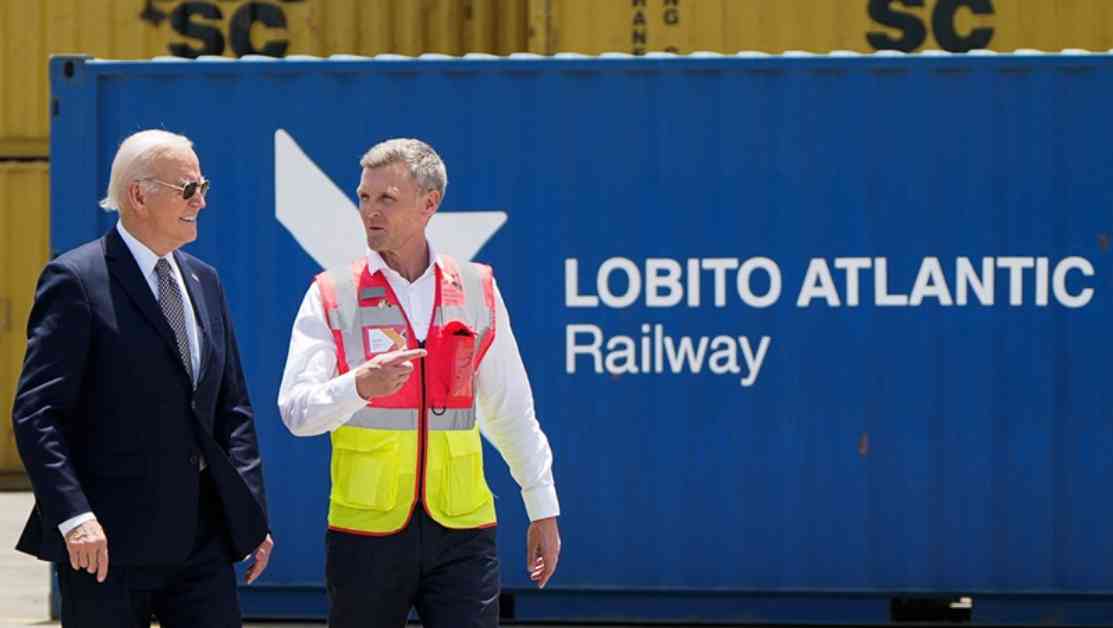Biden Boosts Africa’s Mineral Transport with Lobito Corridor Project
In a groundbreaking move, US President Joe Biden made a significant push for the Lobito Corridor project during his visit to sub-Saharan Africa this week. The Lobito Corridor project aims to upgrade a cross-border railway that will facilitate the transportation of crucial minerals, such as copper and cobalt, needed for the global energy transition from Central Africa to the United States.
US Investment in Africa
During his visit, President Biden emphasized the potential of the Lobito Corridor railway project as a “game changer” that would not only spur economic growth in Africa but also benefit the rest of the world. The current method of transporting copper to the port involves long delays and logistical challenges, but the railway promises to significantly reduce journey times and streamline the process.
The White House announced an investment of over $560 million, with additional private-sector capital expected to exceed $200 million, for infrastructure projects along the Lobito Corridor. This substantial investment underscores the strategic importance of the project in facilitating the transportation of critical minerals essential for the clean energy transition.
Local Leaders’ Perspectives
Zambian President Hakainde Hichilema highlighted the significance of the project, stating that it presents a “huge opportunity” for Africa and will contribute to a greener global economy. He emphasized the importance of connecting the railway with the Chinese-built Tazara eastern railway to enhance continental connectivity from west to east coasts.
Similarly, DRC President Felix Tshisekedi emphasized the project’s potential to create jobs, reduce logistics costs, increase export revenues, and provide a strategic alternative for exporting minerals. He stressed the importance of processing copper and cobalt locally to ensure that the wealth derived from these resources benefits the local population directly.
Environmental Considerations
Emmanuel Umpula Nkumba, executive director of the African Natural Resources Watch in the DRC, emphasized the importance of environmentally respectful processing of critical minerals to capture more value on the continent. He cautioned against repeating past practices of exporting raw minerals without maximizing the benefits of finished products.
The US government’s commitment to supporting the development of critical minerals sector with environmentally friendly processes reflects a broader strategy to ensure reliable supply chains and capture more value locally. By investing in projects like nickel mining and refining in Tanzania, rare earths mining and refining in Angola, and green copper mining in Zambia, the US aims to enhance the sustainability of mineral supply chains.
In conclusion, President Biden’s endorsement of the Lobito Corridor project signals a significant step towards enhancing infrastructure, promoting economic growth, and fostering sustainable resource utilization in Africa. The project’s potential to revolutionize mineral transport and processing while benefiting local communities underscores the importance of strategic investments in critical minerals supply chains for the global energy transition.














